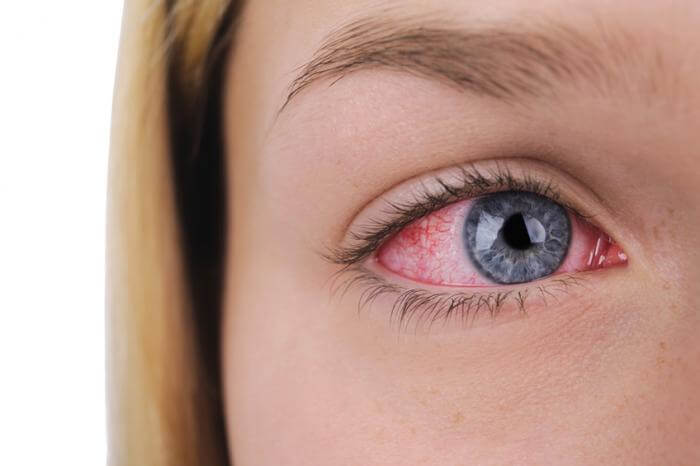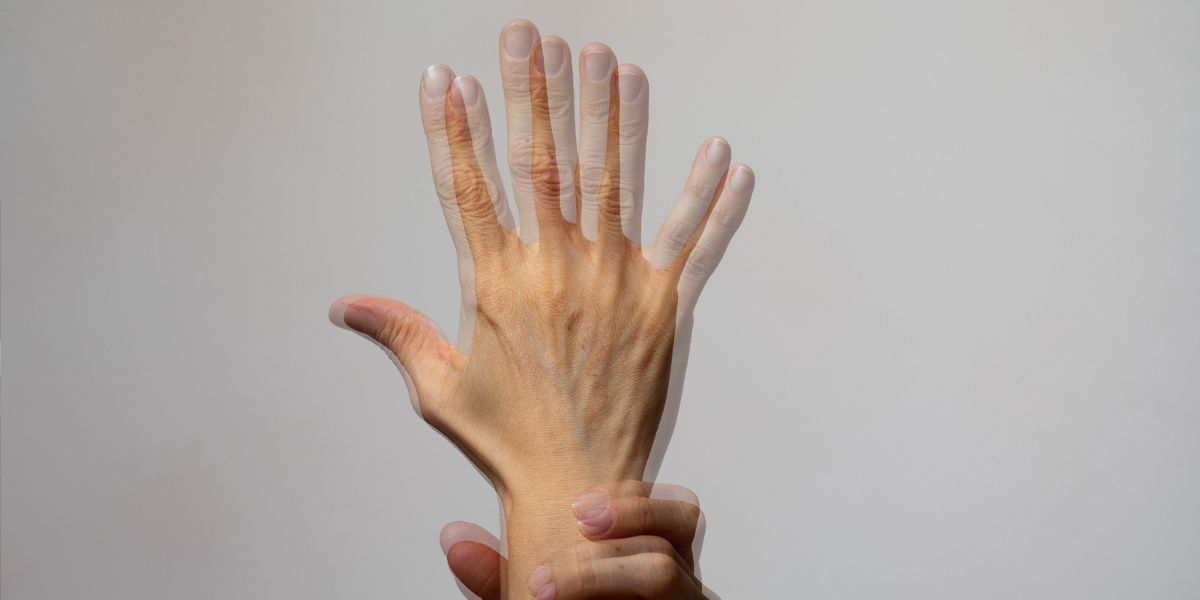How often should I get my eyes checked?
Spring is well and truly here, and so are the pollens from grass, trees and weeds. Other triggers can include dust mites and mould as well as irritants such as cigarette smoke, perfume and diesel exhaust.
Eye allergies develop when the body’s immune system becomes sensitized and overreacts to something in the environment that typically causes no problem in most people. An allergic reaction occurs when that “something” (called an allergen) comes in contact with antibodies in your eyes. The cells respond by releasing histamine and other substances causing the eyes to become itchy, red and watery.
If your eyes itch and are red, tearing or burning, you may have an eye allergy (allergic conjunctivitis), a condition that affects many people. Eye allergies can share symptoms with some diseases of the eye, making accurate diagnosis imperative. An optometrist will help to determine what the problem is and give advice on how to manage the symptoms.
Cold compresses (yes – cold tea bags, cold flannels or slices of cucumber) can give welcome relief from the itching. This is a good alternative to rubbing your eyes. Ironically eye rubbing will exacerbate the itch by causing more histamine to be released, and histamine is what causes that itch!
There are also eye drops which will help. Some are antihistamines which offer immediate relief from itching, while others can control allergy symptoms for the duration of the allergy season. Many over the counter eye drops for allergies also contain a decongestant to reduce redness of the eyes. Decongestant eye drops should not be used for long periods of time as they can become ineffective and cause what is known as rebound congestion, which is where the eye just gets more red with the use of the drops.
Work out what your triggers are, and make changes to your home and to your behaviour.
- Wear glasses or sunglasses when outdoors to keep pollen out of your eyes.
- Keep windows closed during high pollen periods; use air conditioning in your home and car.
- Use “mite-proof” bedding covers to limit exposure to dust mites, and a dehumidifier to control mould.
- Wash your hands after petting any animal.
The NZ Association of Optometrists recommends a regular eye examination every 2 years for healthy adults. Try and chose an optometrist who is therapeutically qualified. This means they can prescribe medication to treat sore eyes, dry eyes and eye injuries.









